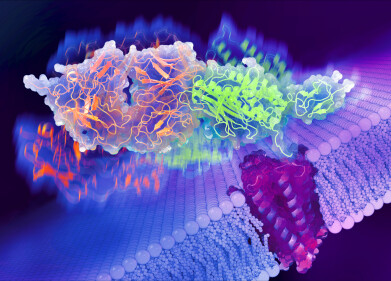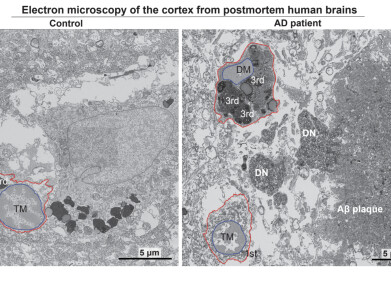-
 Susan Schlimpert
Susan Schlimpert
Research News
EU Consolidator grant brings bacteria under spotlight
Feb 12 2024
Research at the John Innes Centre (JIC) into the potential of bacteria for advancing antibiotics, has been awarded a European Research Council Consolidator grant under the EU’s Horizon Europe programme.
Dr Susan Schlimpert, Department of Molecular Microbiology at JIC (Norwich, UK) received the award for her team project “Functional Diversity of Bacterial NLRs in Multicellular Bacteria” (BacNLR), one of 308 grants awarded from a field of 2,130 candidates.
They are investigating molecular mechanisms that underpin the lifecycle of Streptomyces bacteria, producers of more than 50% of all clinically used antibiotics. “I am delighted and very excited to receive this prestigious funding which will enable us to establish a new line of research in the lab to provide a holistic understanding of the biology of Streptomyces,” she said.
BacNLR is an ambitious research project that aims to uncover the diverse functions of a group of proteins called nucleotide-binding oligomerization domain-like receptors (NLRs) in bacteria.
Unlike most bacteria, species of antibiotic-producing Streptomyces encode multiple NLRs and based on previous research, the group found that several of these NLR-like proteins are involved in the regulation of antibiotic production and development in Streptomyces.
Their hypothesis is that bacterial NLRs play a crucial and previously unexplored role in several important cellular processes, including antibiotic production, immunity and bacterial development. It was the investigation of these novel roles that led to development of a method to artificially activate the function of NLR in Streptomyces, a step which overcomes an important technical bottleneck in investigating the activity of these proteins.
This breakthrough allows Susan’s team to study how NLRs impact antibiotic production and potentially discover additional unexpected cellular functions that go well beyond the well-established role of NLRs in eukaryotic immunity.
“We hope that our work will expand our current models about the evolution and functional diversity of NLRs across all domains of life and reveal fundamental new principles in the regulation of antibiotic production in Streptomyces. Our project has the potential to provide an innovative strategy to improve the production of pharmaceutically important molecules to combat the rise in drug-resistant pathogens,” said Susan who is also a member of the EMBO (European Molecular Biology Organisation) Young Investigator Programme, which recognises outstanding early career group leaders.
The European Commission and the UK Government reached an agreement in principle on the association of the UK to Horizon Europe. This means that the UK is now formally associated to Horizon Europe as of 1 January 2024.
More information online
Digital Edition
Lab Asia 31.6 Dec 2024
December 2024
Chromatography Articles - Sustainable chromatography: Embracing software for greener methods Mass Spectrometry & Spectroscopy Articles - Solving industry challenges for phosphorus containi...
View all digital editions
Events
Jan 22 2025 Tokyo, Japan
Jan 22 2025 Birmingham, UK
Jan 25 2025 San Diego, CA, USA
Jan 27 2025 Dubai, UAE
Jan 29 2025 Tokyo, Japan


















